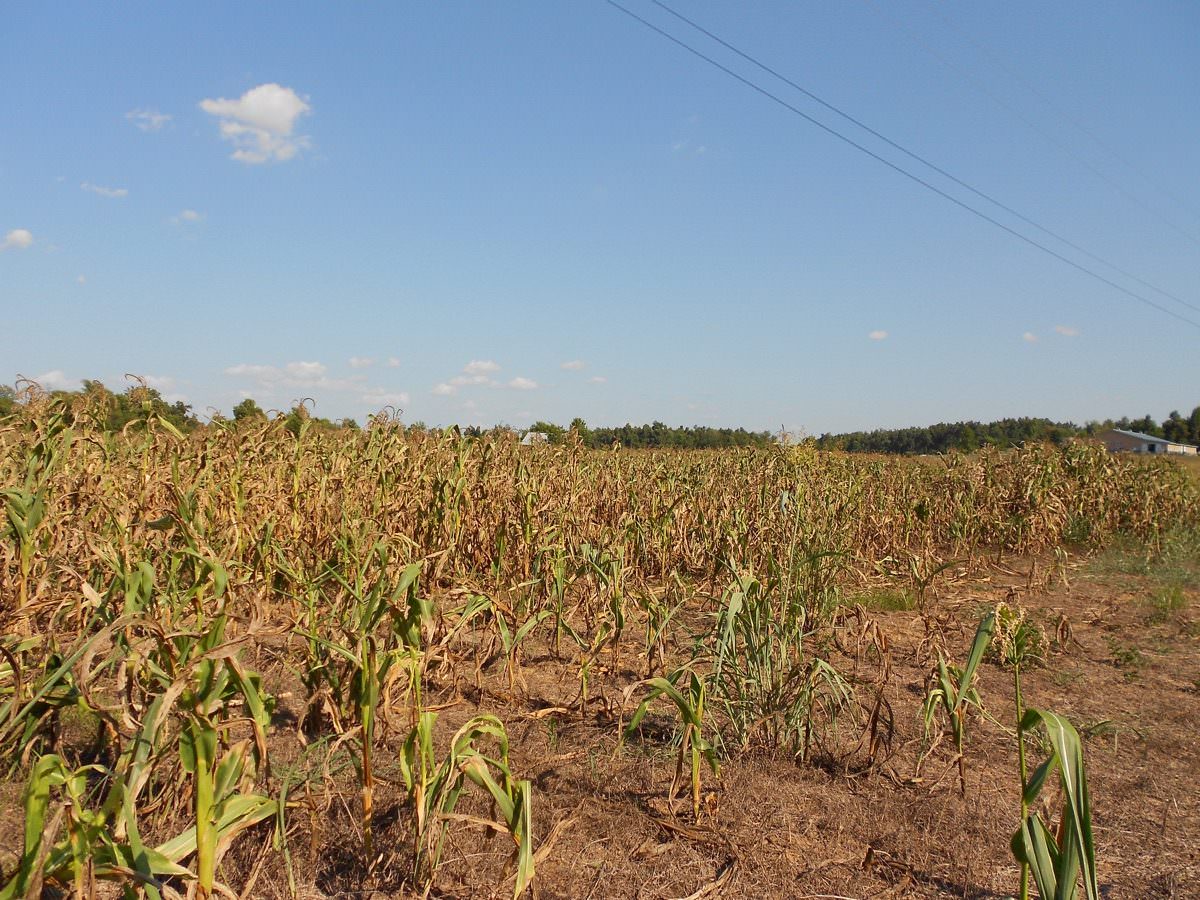Wells and rivers are dry, and crops are burned to a crisp.

Unbeknownst to most of the country, big chunks of New England – especially in New Hampshire, parts of Massachusetts, Connecticut, Vermont, and Maine – have been hit by one of the most dramatic droughts in recent memory. This is not a part of the country that’s particularly familiar with months-long droughts; despite a fairly wet summer in New York and Pennsylvania, New England earned a D3 rating from the drought monitor at the University of Nebraska-Lincoln. A D3 rating is considered an “extreme” drought, the second-worst category there is.
The drought has, as depicted in some scenes from this The New York Times article, dried out rivers, extinguished wells, and forced local governments to decree (or in the case of individual-loving New Hampshire, to suggest) that residents stop watering lawns and gardens.
In the agriculture space, New England has been hit very hard. According to the NOAA, crop losses in Massachusetts alone this year have exceeded $13 million, with corn suffering the most. A loss of feed has also required ranchers to buy feed from outside their own farms for livestock, a huge added expense that could make the difference between a profitable year and a loss year. Root crops, like beets and carrots, dried out while still tiny, and water-reliant spring and summer crops like beans showed huge losses. With such an extreme drought, some farmers have been forced to choose which crops to allow to die.
Dairy is an especially difficult problem; with milk prices already so low that many dairy farms in New England have already shut down, the added cost of feeding and watering dairy animals has made for a difficult year.
Some farms have begun pursuing more low-water forms of agriculture; NPR reports that some New England farmers, under the burden of the drought, are investigating no-till methods. No-till farming requires the planting of new crops directly on the husks of old ones, without clearing; it’s messier, but can give the soil the ability to hold water better, thus requiring less water overall.